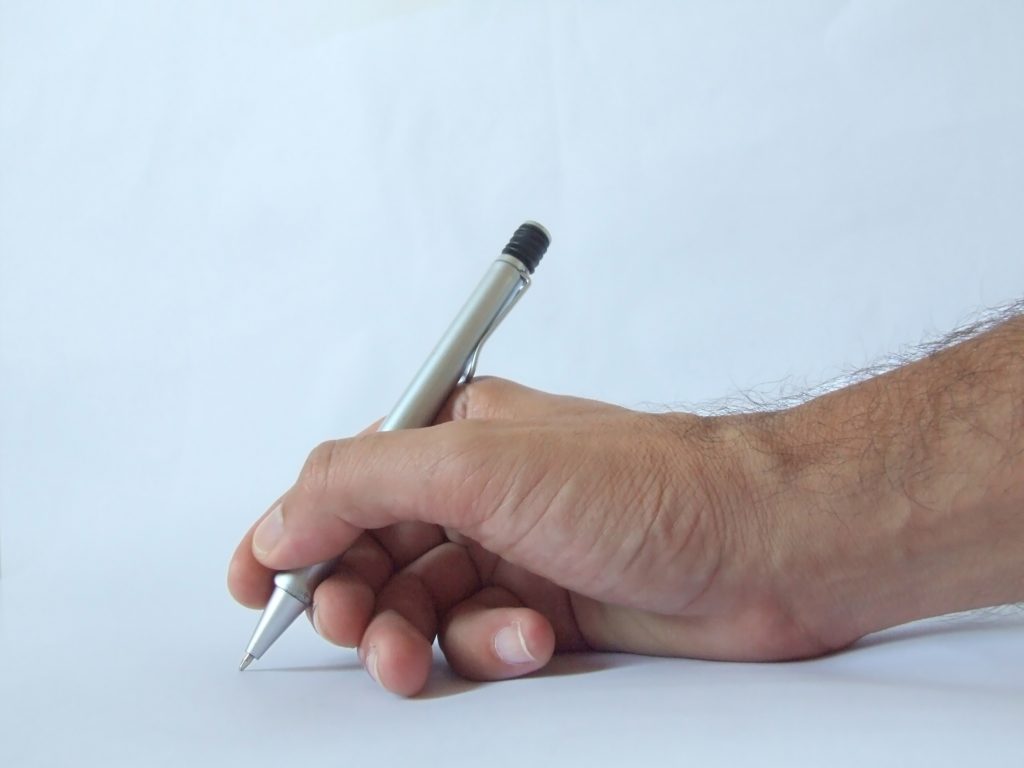 Plaintiffs cannot litigate multiple lawsuits brought over the same cause of action. For example, if a company wrongfully terminates someone’s employment, the employee can traditionally bring only one lawsuit addressing this issue and not a second or third after a court decides the first. This barring is called res judicata. Former Southern University System President Dr. Ralph Slaughter’s lawsuit against the Board of Supervisors of Southern University A&M in Baton Rouge, Louisiana, was dismissed because of this bar.
Plaintiffs cannot litigate multiple lawsuits brought over the same cause of action. For example, if a company wrongfully terminates someone’s employment, the employee can traditionally bring only one lawsuit addressing this issue and not a second or third after a court decides the first. This barring is called res judicata. Former Southern University System President Dr. Ralph Slaughter’s lawsuit against the Board of Supervisors of Southern University A&M in Baton Rouge, Louisiana, was dismissed because of this bar.
Dr. Slaughter and the Board settled a case in 2007 where Dr. Slaughter was fired after bringing workplace sexual harassment claims in federal court. Dr. Slaughter then dropped these claims because the Board signed him to a two-year employment contract running from July 1, 2007, to June 30, 2009. The Board reserved the right to terminate his employment on or before April 1, 2009, and on March 27, 2009, The Board exercised this right, voting not to extend Dr. Slaughter’s employment past the contract’s expiration.
Dr. Slaughter brought his first lawsuit addressing this termination on April 2, 2009, in a Baton Rouge District Court. He claimed that his employment termination was void because the Board did not adhere to Open Meetings Law. The Board filed to dismiss for no cause of action, and Dr. Slaughter himself also filed a motion to dismiss, which the trial court granted with prejudice on May 26, 2009.
 Louisiana Personal Injury Lawyer Blog
Louisiana Personal Injury Lawyer Blog


 Deadlines matter. They matter in all areas of life, but in the legal world, missing a deadline can determine whether legal action will move forward or not. With every cause of action, there are time frames for filing claims and appeals and oftentimes—even in situations where recovery seems necessary or deserved—courts will dismiss cases filed outside these time frames. In a lawsuit against Rapides Regional Medical Center (Rapides Regional), Mrs. Susanna Duckering learned this lesson the hard way.
Deadlines matter. They matter in all areas of life, but in the legal world, missing a deadline can determine whether legal action will move forward or not. With every cause of action, there are time frames for filing claims and appeals and oftentimes—even in situations where recovery seems necessary or deserved—courts will dismiss cases filed outside these time frames. In a lawsuit against Rapides Regional Medical Center (Rapides Regional), Mrs. Susanna Duckering learned this lesson the hard way. What happens when you file a lawsuit and then fail to file any pleadings beyond the initial Petition for Damages? Is the case eligible for a new trial? Or is simply determined abandoned? Typically, when you wait too long to respond after a lawsuit has been filed, the case will be considered abandoned, and it will be dismissed. There are two types of case dismissals: (1) dismissal with prejudice, and (2) dismissal without prejudice. Generally, when a case is dismissed with prejudice, you cannot get a new trial even if the statute of limitations has not run out, and there is no right to appeal.
What happens when you file a lawsuit and then fail to file any pleadings beyond the initial Petition for Damages? Is the case eligible for a new trial? Or is simply determined abandoned? Typically, when you wait too long to respond after a lawsuit has been filed, the case will be considered abandoned, and it will be dismissed. There are two types of case dismissals: (1) dismissal with prejudice, and (2) dismissal without prejudice. Generally, when a case is dismissed with prejudice, you cannot get a new trial even if the statute of limitations has not run out, and there is no right to appeal.  While running errands all day, to the cleaners and the grocery store, the last thing on one’s mind is getting hurt along the way. Proving fault for an injury can sometimes be more of a pain than the injury itself. Collecting evidence like pictures or eye witness reports is the last thing you want to do after suffering a fall, but to prove your case in court, it is necessary. Failure to do so can result in not only the pain from your injury but also the bill.
While running errands all day, to the cleaners and the grocery store, the last thing on one’s mind is getting hurt along the way. Proving fault for an injury can sometimes be more of a pain than the injury itself. Collecting evidence like pictures or eye witness reports is the last thing you want to do after suffering a fall, but to prove your case in court, it is necessary. Failure to do so can result in not only the pain from your injury but also the bill.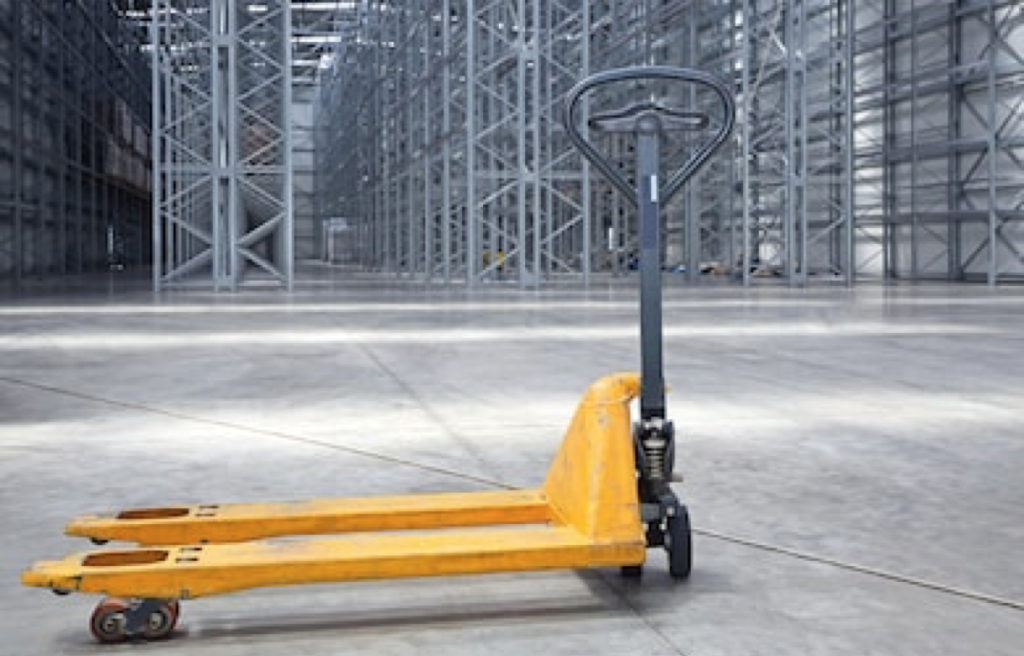 Everyone has that one coworker that just gets under their skin. Some days even the sound of their voice feels like it will push you over the edge. However, when things turn physical in the workplace, not only is an employee at fault, but the company may be as well.
Everyone has that one coworker that just gets under their skin. Some days even the sound of their voice feels like it will push you over the edge. However, when things turn physical in the workplace, not only is an employee at fault, but the company may be as well. The term concurrent-cause is a legal doctrine that may be vital to your commercial property. If loss or damage occurs as a result of two or more causes, one event may be covered while the other is not. It would not matter if the events happened at the same time, or if one event occurred before the other. That is why [i]t is essential that the insured produce evidence which will afford a reasonable basis for estimating . . . the proportionate part of damage caused by a risk covered by the insurance policy.”
The term concurrent-cause is a legal doctrine that may be vital to your commercial property. If loss or damage occurs as a result of two or more causes, one event may be covered while the other is not. It would not matter if the events happened at the same time, or if one event occurred before the other. That is why [i]t is essential that the insured produce evidence which will afford a reasonable basis for estimating . . . the proportionate part of damage caused by a risk covered by the insurance policy.” 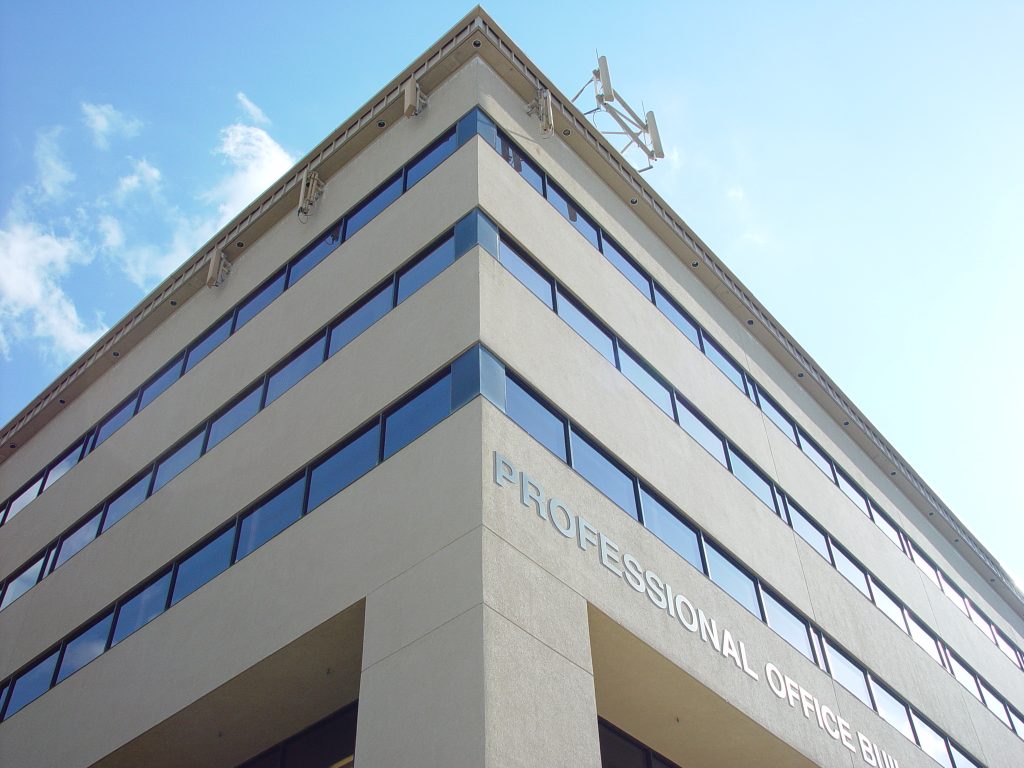 When we think of the practice of law, we may think of flashy lawyers in the courtroom arguing against one another with impassioned rhetoric. In reality, the law practice is not that glamorous. In many cases, there are no trials, and a judge simply hands down a judgment without any theatrics. Summary judgment is an example. Summary judgments occur when there are no factual disputes between parties, thus forgoing the need for a trial. However, to obtain summary judgment, a party must file a motion for summary judgment. In the case below, we will see how a Louisiana Appellate Court decided that the District Court erred in granting a motion for summary judgment.
When we think of the practice of law, we may think of flashy lawyers in the courtroom arguing against one another with impassioned rhetoric. In reality, the law practice is not that glamorous. In many cases, there are no trials, and a judge simply hands down a judgment without any theatrics. Summary judgment is an example. Summary judgments occur when there are no factual disputes between parties, thus forgoing the need for a trial. However, to obtain summary judgment, a party must file a motion for summary judgment. In the case below, we will see how a Louisiana Appellate Court decided that the District Court erred in granting a motion for summary judgment.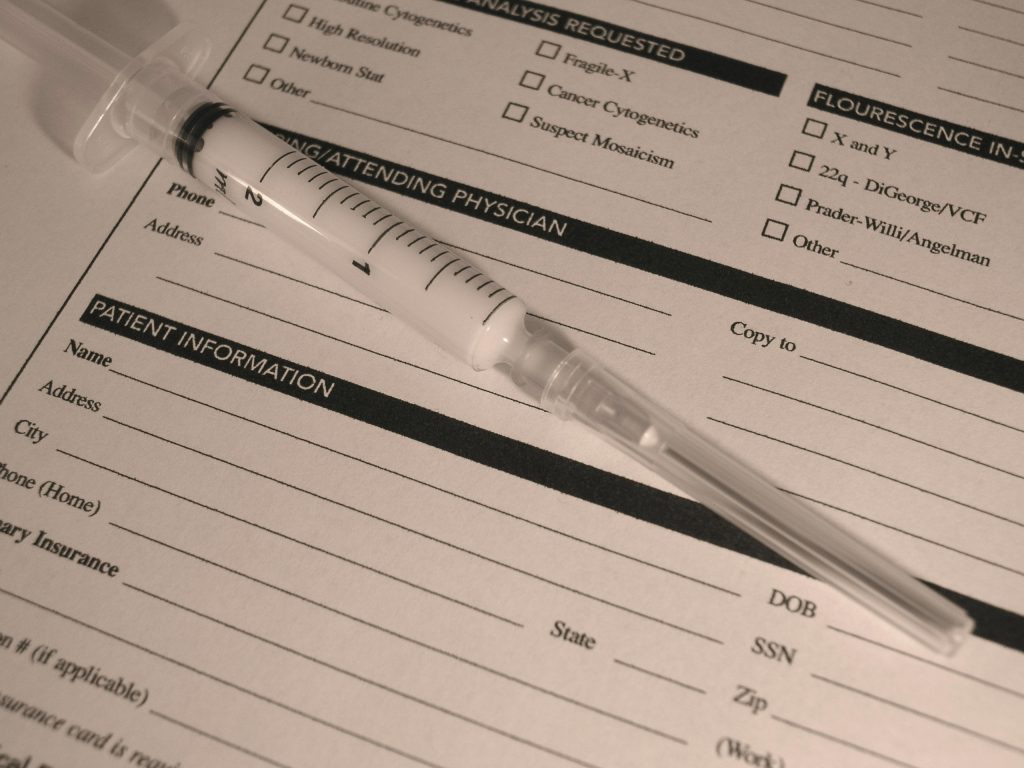 Time governs our lives. It also governs the law. If you have been injured and decide to file a claim, there is generally a time limit to do so. If you do not file within this time, you may never get your claim heard. The case below is an example.
Time governs our lives. It also governs the law. If you have been injured and decide to file a claim, there is generally a time limit to do so. If you do not file within this time, you may never get your claim heard. The case below is an example. When someone files a civil lawsuit in the Parish of Jefferson in Louisiana, or anywhere else in the state, it can often leave a defendant wondering how long the case will take to wrap up. In cases where neither party has a strong desire to settle, discovery procedures may take years to complete. Capitalizing on this concern, a stubborn plaintiff or defendant may use stalling tactics to leverage the other party into a settlement. How can the opposing party fight this stalling tactic? The following case discusses the rules governing what constitutes an “abandoment” of a lawsuit in Louisiana.
When someone files a civil lawsuit in the Parish of Jefferson in Louisiana, or anywhere else in the state, it can often leave a defendant wondering how long the case will take to wrap up. In cases where neither party has a strong desire to settle, discovery procedures may take years to complete. Capitalizing on this concern, a stubborn plaintiff or defendant may use stalling tactics to leverage the other party into a settlement. How can the opposing party fight this stalling tactic? The following case discusses the rules governing what constitutes an “abandoment” of a lawsuit in Louisiana.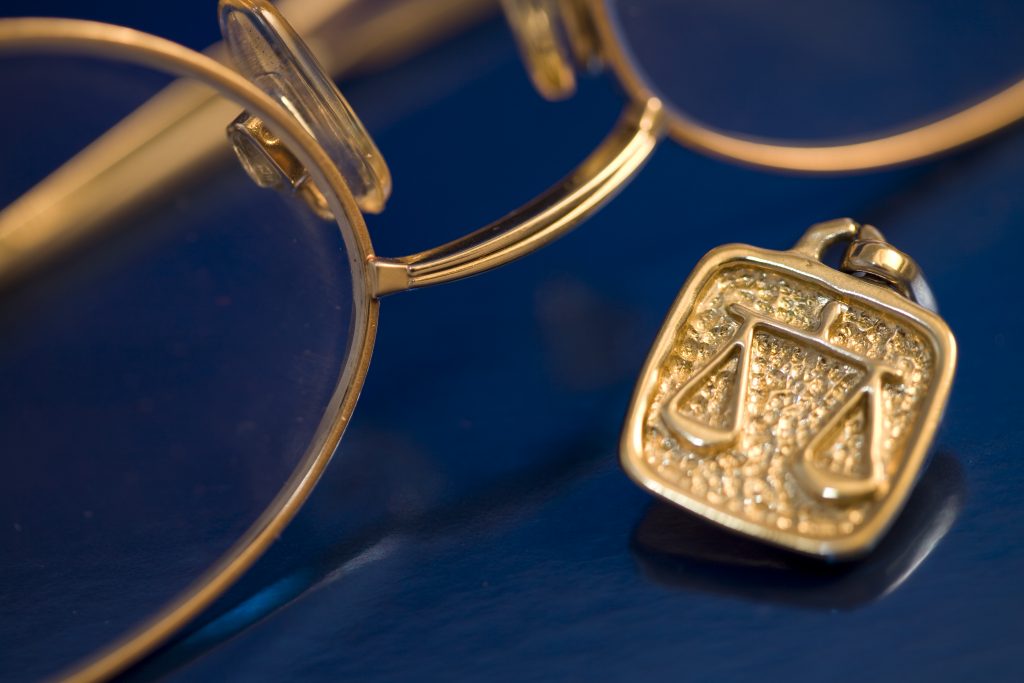 Attorneys are known for being way too expensive to the general public. Most people think that attorney’s charge an obscene amount for every little task that they do pertaining to a case, such as talking on the phone with their client or sending an email. However, unknown to most people attorneys are not allowed to charge fees that are excessive.
Attorneys are known for being way too expensive to the general public. Most people think that attorney’s charge an obscene amount for every little task that they do pertaining to a case, such as talking on the phone with their client or sending an email. However, unknown to most people attorneys are not allowed to charge fees that are excessive.